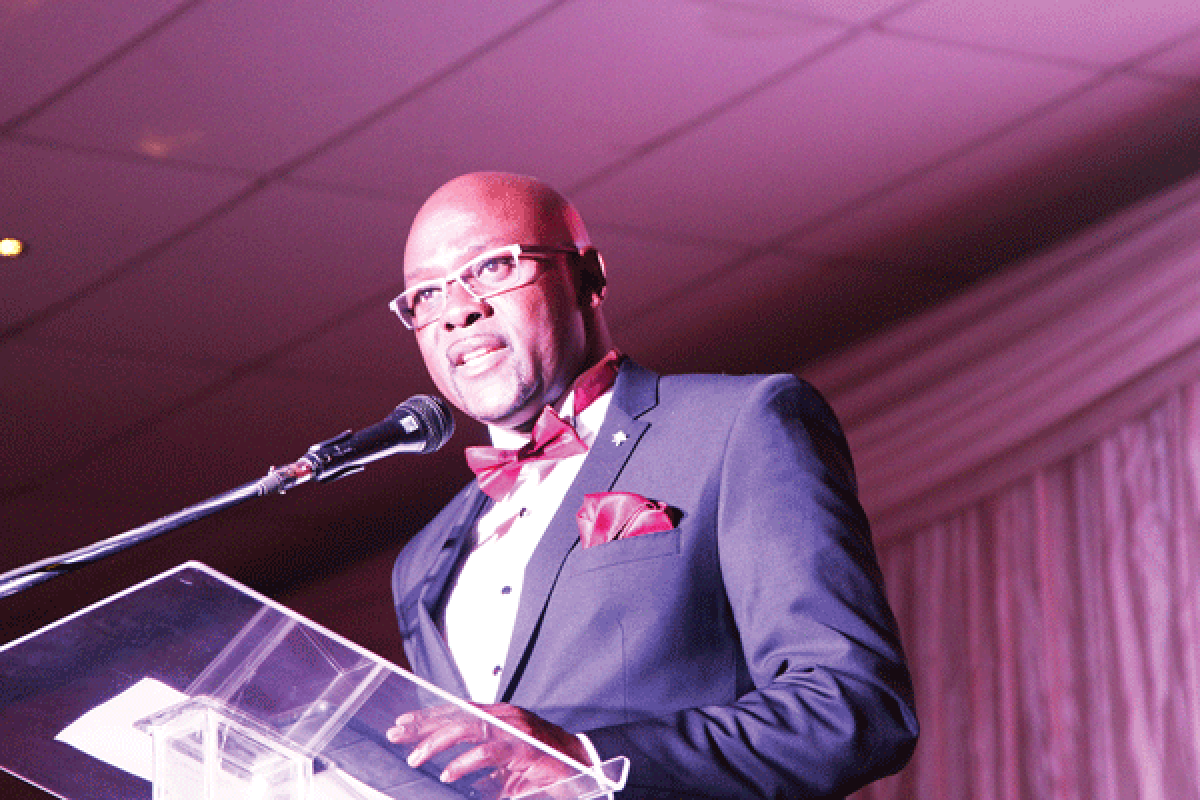

The unity government of PM Tsvangirai’s Movement for Democratic Change (MDC-T), Deputy PM Arthur Mutambara (MDC-M) and ZANU-PF of President Robert Mugabe, was more than happy to accept China’s offer and begin negotiating a separate US$5 billion deal involving the mortgaging of Zimbabwe’s vast platinum concessions.
With Tsvangirai’s Western tour netting only US$500 million, all of which was humanitarian assistance, the fear is that all this could undermine Zimbabwe’s reform elements battling to promote democracy in the resource-rich country.
While Chinese investment could give the transitional government breathing space to pursue much-needed reforms, it does not benefit ZANU-PF and the MDC equally.
The fact that President Mugabe negotiated the Chinese financial aid which, if concluded, would ultimately go down as the major injection to prop up the inclusive government, streng-thens his position.
Having the ability to engineer financial aid for the inclusive government puts him in a very strong position to manipulate the pace of reform to his advantage and could strengthen his quest to perpetuate his reign.
Moreover, Chinese investment will go through the traditional channels where the ruling ZANU-PF clique will have access to it. The funds are likely to benefit selected institutions that consolidate Presid-ent Mugabe and ZANU-PF’s stranglehold on power.
At the same time, PM Tsvangirai’s standing within the balance of forces in the government could be weakened by the Chinese deal. President Mugabe has publicly boasted that he initiated the deal that PM Tsvangirai and the MDC are now clutching onto, while Tsvangirai’s Western tour is painted as a failure by ZANU-PF.
The failure by the West to respond generously to Tsvan-girai’s plea raises doubts about its commitment to fully back pro-democratic forces in Zimbabwe.
China’s decision to activate the financial package right now, during the tenure of the inclusive government, and through PM Tsvangirai, illustrates its will to strategically position itself for future relations with someone who could be Zimbabwe’s next president.
It also allows China to balance the criticism it has received for its proximity to President Mugabe.
China is effectively having its cake and eating it: Its relationship with both parties is flourishing. Plans are afoot to invite the MDC to Beijing for political and investment talks. By choosing to engage the government as a whole, China will be able to exert leverage on both ZANU-PF and the MDC, something Western donors might not achieve.
The MDC has also been quick to accept this new friend. Now, as the PM recently put it, Zimbabwe is “prepared to work with any country”.
After lukewarm support from his traditional European supporters, PM Tsvangirai has left his options open as he steps up efforts to secure desperately needed financial aid.
The West’s wait-and-see attitude and the lack of accelerated aid beyond humanitarian assistance, risks thwarting the real changes it is seeking for Zimbabwe and weakening the hand of PM Tsvangirai, the MDC and moderates in ZANU-PF. The West now risks being superseded by China, which does not attach any governance reform strings to its assistance, because it failed to take decisive action when it was most needed.
Western governments should rise to the challenge of the Chinese deal and make decisive financial engagement in Zimbabwe through transparent and accountable mechanisms to ensure it would benefit the entire population and democratisation.
They should expand assistance under the “humanitarian-plus strategy” to support the revival of the education, health and water sanitation sectors, strengthen civil society, help rebuild key infrastructure, and support reform for politicised government institutions, including the judiciary and the police.
Critically, many years of effort for the full restoration of democracy could be lost, leaving the opportunity for countries with blighted human rights and good governance records like China to play an unchallenged leading role. — guardian.co.uk.